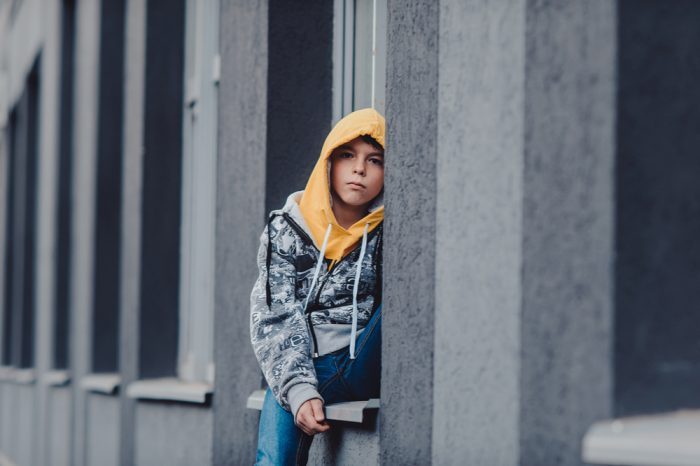When is a person mature enough to decide about cannabis?
The age of majority is the age at which you are recognized to be adult within your society or culture. With that birthday comes the right to vote and the chance to be drafted. It doesn’t always coincide with the right to consume regulated substances (alcohol, tobacco, cannabis). The legal age for access to cannabis, in Canada, is 19 years old while the age of majority is 18.
Statistics for 2018 indicate that 13.7% of teenagers first experiment with cannabis between the age of 15-17. So, unless they’re accessing their parents’ stash, it’s all black market cannabis. Advocates ask if it would be better for this population to be allowed to purchase regulated options.
We Already Know Prohibition Doesn’t Work
Here we can refer to the classic comparison: 1920s prohibition. Prohibition didn’t stop people from drinking. All it did was encourage them to find alcohol elsewhere. And often, this meant moonshine, which had unregulated alcohol levels and questionable ingredients.
More than this, prohibition opened the door to the rum-runners and big time gangsters, who would take advantage of vulnerable groups. It was a violent and corrupt period that did absolutely nothing to quell the number of people drinking.
Simply put: Prohibition doesn’t work.
Developing Adolescent Brain Development: Why Can’t Science Agree?
The premier of Quebec, François Legault, recently caused an uproar when he announced that that he intended to send out a clear message about the dangers of teenage consumption of cannabis. And now, he’s threatening to raise the minimum legal age from 18 to 21. He based his argument on the dangers that cannabis poses to the developing teenage brain.

Now, a study conducted by researchers at the University of Montreal, showed that cannabis has the potential to cause lasting damage to the developing adolescent brain. The study followed 3,800 teens in the Montreal area and compared the cognitive impairments caused by alcohol with those caused by cannabis. Researchers assessed recall memory, perceptual reasoning, inhibition, and short-term memory. According to this study, learners who used cannabis, regularly, sustained cognitive impairment even after they had stopped consuming it.
And other studies have found that there is no connection. A study from June 2018, published in JAMA Psychiatry, determined that any cognitive impairments were entirely temporary, disappearing within 72 hours.
Teen Are Going To Smoke Weed Anyway
More than 10% of teenagers are still consuming cannabis even though this is illegal. If these teens cannot obtain the weed from a legal source, they use the black market. This is hardly a surprise. Teens have been smoking it for decades, and age of majority has hardly stopped them trying other regulated substances, like tobacco and alcohol.
So the big question remains: is it better to protect teenagers from access to cannabis or protect them from black market exposure?

Black Market Cannabis and the Age of Majority
Youth, under the age for legal access, need to buy from the unregulated black market. In doing so, there is a risk of exposure to dangerous drugs and cannabis that is ‘not as advertised.’ Should governments adopt a harm reduction model whereby teens would have access to safe cannabis from government-regulated sources.
Is This an Issue About Purging Our Conscience?
It is easy for all of us to bury our heads in the sand and assume that this “13.7% or less” does not exist, or isn’t a large enough percent to worry about. Or that these teens are doing something ‘bad’ by breaking the rules and there are natural consequences. You may reconsider should this population include our very own child, or someone you deeply care about. What is the best way to protect our kids?
And don’t worry about the ‘easier access’ raising the probability that more teens will become involved with cannabis and drop out of school. That’s not the way it works.





